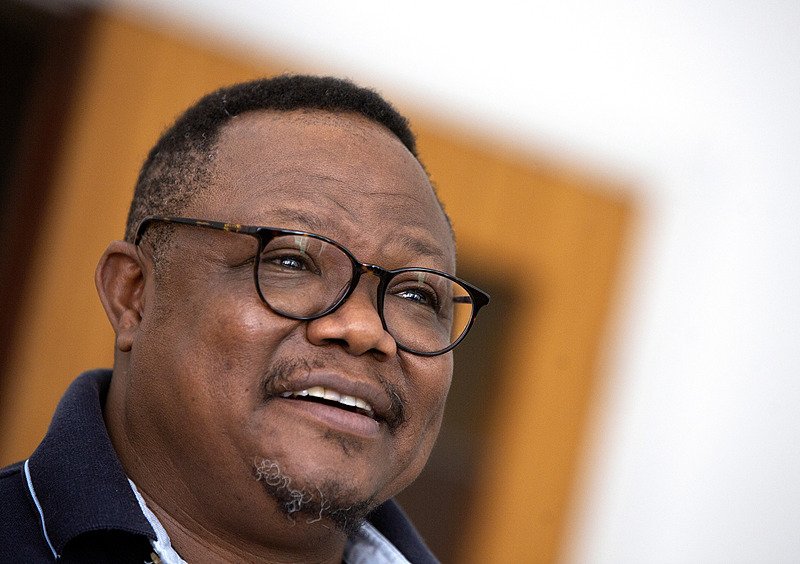The treason case involving Tanzanian opposition figure Tundu Lissu has been postponed until July 15, 2025, after the prosecution informed the court it had not yet finalized a decision on whether to file formal charges in the High Court of Tanzania.
The hearing, held at the Kisutu Resident Magistrate’s Court, saw the government’s legal team request more time, citing incomplete consultations and pending reviews of evidence. The court granted the request, setting a new date and urging the prosecution to act with urgency to avoid procedural delays.
Tundu Lissu is a senior member of the opposition and a lawyer by profession. He gained national and international attention after surviving an assassination attempt in 2017 in which he was shot multiple times outside his home in Dodoma. He later received treatment abroad and lived in self-exile until his return in 2023.
Since his comeback, Lissu has been vocal in criticizing government policies and advocating for constitutional reform, judicial independence, and enhanced human rights. His political stance has often placed him at odds with the ruling establishment.
Speaking outside the courtroom, Lissu said:
“This case is not about justice. It’s about silencing the opposition. But I will not be intimidated.”
Observers from civil society and international rights groups have expressed concern over what they perceive as the weaponization of criminal law to suppress dissent. Treason, defined under Tanzanian law as an attempt to overthrow the government by unlawful means, is one of the most serious criminal charges, carrying the possibility of life imprisonment or even the death penalty.
Legal analysts argue that the prolonged delay in filing formal charges raises doubts about the strength of the case, while human rights defenders warn against using the courts for political persecution.
The Legal and Human Rights Centre, among others, has called for full transparency and judicial independence in handling politically sensitive cases. They emphasize that the Tanzanian public deserves a justice system free from political interference.
The July 15 court date is now viewed as a critical moment that will either see formal treason charges brought against Lissu or possibly the dismissal of the case altogether.







